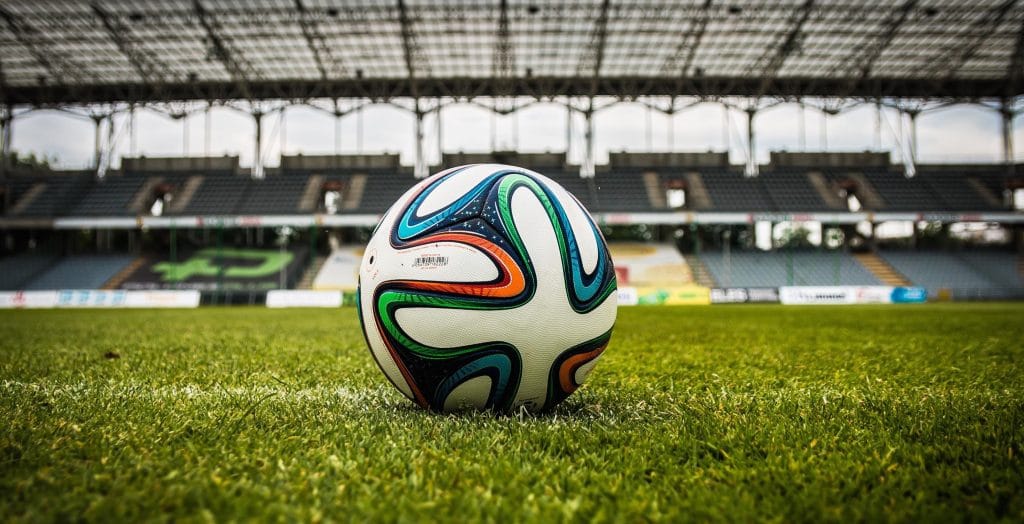Welcome to another episode of
‘Ask the nutritionist’
Today we will be speaking with Dr. Dorianne Caruana Bonnici, a highly qualified nutritional specialist focusing on football, sports and lifestyle.

Football is probably Malta’s most popular sport. You, your best friend, or someone in your family has probably played it growing up in some shape or form! A lot of people overlook what playing a sport really means and there is so much more to it than physically training.

Nutrition plays a crucial role in sports performance.
Think of it this way; your body needs fuel to power itself, what kind of fuel can you use? We’re going to dive into some common mistakes most footballers make below:
1. Protein is the most important nutrient for football performance
While protein is an important macronutrient, it is not the most important one for football
performance – carbohydrate is. Football is a stop-and-go sport, that relies heavily of
glycogen (stored carbohydrate) and the ability to sustain energy during training and matches depends on this storage.
2. A protein shake is the best way to recover from training
Although protein powder helps your body recover after training, it must not be taken as an alternative to natural and plant-based sources of protein. Your body needs additional vitamins and minerals during recovery.
3. Chocolate is the best pre-match snack
An hour leading up to a match, your body needs a supply of simple sugar – that sugar
that runs into the blood stream and gives you a quick energy boost. A chocolate, apart from
sugar, will also contain fat – something that the body does not need at this time – it will
actually hinder it from working well. Also, a chocolate contains processed rather than
natural sugars, which is something that our body does not like to have.
4. Caffeine is the perfect boost before a game
Caffeine is a stimulant, and hence it raises your resting heart rate and your blood pressure.
While it can give you that boost you need, it will also lead to faster exhaustion. A football
match is not a quick 15-minute job. You need to sustain your energy for a long period.
Raising your resting heart rate before you even start playing means that you would probably reach
your maximum heart rate, and hence exhaustion, sooner. Caffeine also increases the acidity
of the stomach, thus causing heartburn which is not ideal whilst you are performing.
5. Eating 50 right and 50 wrong is enough
A football player needs to eat well everyday. If you are a semi-professional or a
professional player who trains everyday, then you can’t feed your body right and wrong, in
and out. You need to perform well everyday and fuel your body right everyday – that is the
only way you can unlock your maximum potential.
6. Diet and performance nutrition is the same
When we speak about ‘diet’, our mind quickly shifts to weight/fat loss. Many football players
can’t tell the difference between the two. A player’s diet is the nutritious food that a
player needs to eat and consume daily. Performance nutrition is the intricate strategy
of maximising the player’s performance through optimising, fuelling and hydration, that
would directly impact the player’s training ability and performance on the pitch
7. Eating well the day before a game is enough to perform to the maximum potential
A player’s body needs to be nutritionally loaded with the right foods to achieve the gains
during training, before they can be utilised in a match. Hence, while fuelling right the day
before a match is fundamental, it does not provide the one-day magic fuelling that your
body needs prior to a game. The muscles would need to adapt to that nutritional gain, of
eating the right sources, at the right quantity, at the right time.
Check out +boost 100% organic foods.
For more information and football nutrition tips, follow Dr. Dorianne Caruana Bonnici on
Instagram
